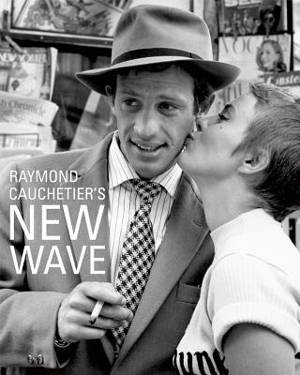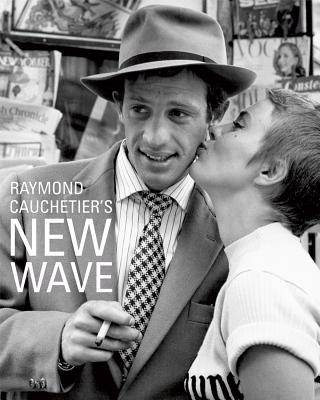
- Retrait gratuit dans votre magasin Club
- 7.000.000 titres dans notre catalogue
- Payer en toute sécurité
- Toujours un magasin près de chez vous
- Retrait gratuit dans votre magasin Club
- 7.000.0000 titres dans notre catalogue
- Payer en toute sécurité
- Toujours un magasin près de chez vous
Description
"I am a reporter, not an artist. I believe that reportage teaches us more - it's more important to capture life than constructed situations."
-- Raymond Cauchetier, from The Telegraph.
In the late 1950s and early 1960s French New Wave cinema exploded onto international screens with films like Les quatre cents coups, A bout de souffle and Jules et Jim. They were radical, artistic, original and most importantly set up the director as a creative genius; at the forefront were Francois Truffaut and Jean-Luc Godard. Today these films are credited with changing cinema forever. For many film goers they command strong and passionate respect and became the foundations on which a lifetime of cinema-going is built.
And exhibit for Raymond Cauchetier's New Wave is feature at the James Hyman Gallery in London, from June 17 - August 15, 2015.
Spécifications
Parties prenantes
- Auteur(s) :
- Editeur:
Contenu
- Nombre de pages :
- 240
- Langue:
- Anglais
Caractéristiques
- EAN:
- 9781851497911
- Date de parution :
- 01-06-15
- Format:
- Livre relié
- Format numérique:
- Genaaid
- Dimensions :
- 249 mm x 307 mm
- Poids :
- 1905 g

Les avis
Nous publions uniquement les avis qui respectent les conditions requises. Consultez nos conditions pour les avis.






